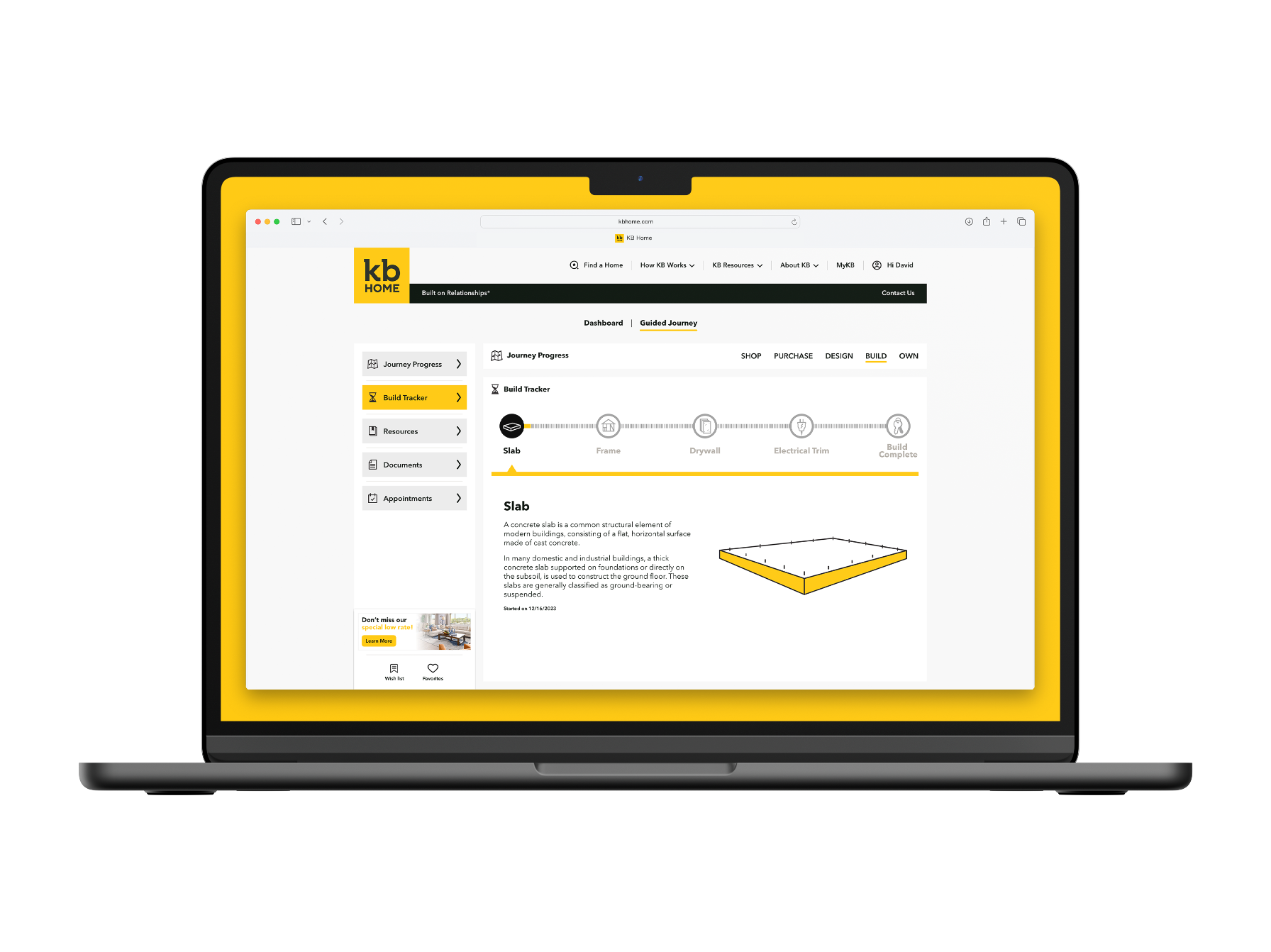
Winterize your outdoor pipes.
If you live in a cold climate, it's important to take some basic steps to keep your pipes from freezing — and potentially bursting in the frigid winter months. For starters, any water line that drops below 32 degrees can freeze, and the water damage to your home from ruptured pipes can be both catastrophic and costly. These easy winterizing tips can help prevent that from happening.
- Disconnect your hoses to avoid a build-up of pressure that could cause a water leak or break.
- Turn off the water supply to outdoor fixtures and faucets, and then run the taps to empty any excess water.
- Insulate outdoor pipes with garden faucet covers or padded faucet socks, and make sure they're tightly sealed to provide optimal thermal protection.
Turn off your sprinkler system.
Another step to getting your home ready for winter's cold snowy weather is making sure your sprinklers are properly turned off and drained.
- Shut off the water by accessing the main valve, which can be found near the water meter. If your system has valves to prevent backflow, make sure to also turn those off.
- Completely turn off the automatic timer or set the system to run in rain mode.
- Drain the water to keep it from flowing in — and to empty out what's still in the system. The most time-consuming step in the process, drainage is also the most important. While it depends on your sprinkler system, there are manual, automatic or blow-out draining methods [the last often requires a professional].
- Insulate above-ground components at the main shut-off valve and exposed pipes. If this includes backflow preventers, make sure any air vents or drain outlets aren't blocked.
One more helpful tip! If you're going on vacation, it's a good idea to set the temperature to at least 60 degrees. Because the temperature inside can drop significantly when a house is unoccupied for long stretches of time, this can prevent the pipes from freezing.
‡According to data from https://fred.stlouisfed.org/graph/?g=1Qh9n
KBHS Home Loans, LLC NMLS 1542802 For licensing information visit nmlsconsumeraccess.org. Headquarters: 300 East Royal Lane, Suite 250, Irving, TX 75039. 855-378-6625. Applicant subject to credit and underwriting approval. Not all applicants will be approved for financing. Receipt of application does not represent an approval for financing or interest rate guarantee. Restrictions may apply. Equal Housing Lender. AZ: KBHS – 4949 Pioneer Ln, Lakeside, AZ 85929 – Mortgage Banker License #0939988; CA: Licensed by the Department of Financial Protection and Innovation Under the California Residential Mortgage Lending Act #41DBO-67718. California Financing Law License #60DBO-67717; CO: Regulated by the Colorado Division of Real Estate; WA: Washington Consumer Loan Company License #CL-1542802.
KB Home and KBHS share common ownership and because of this relationship may receive a financial or other benefit. You are not required to use KBHS as a condition of purchase or sale of any real estate.




